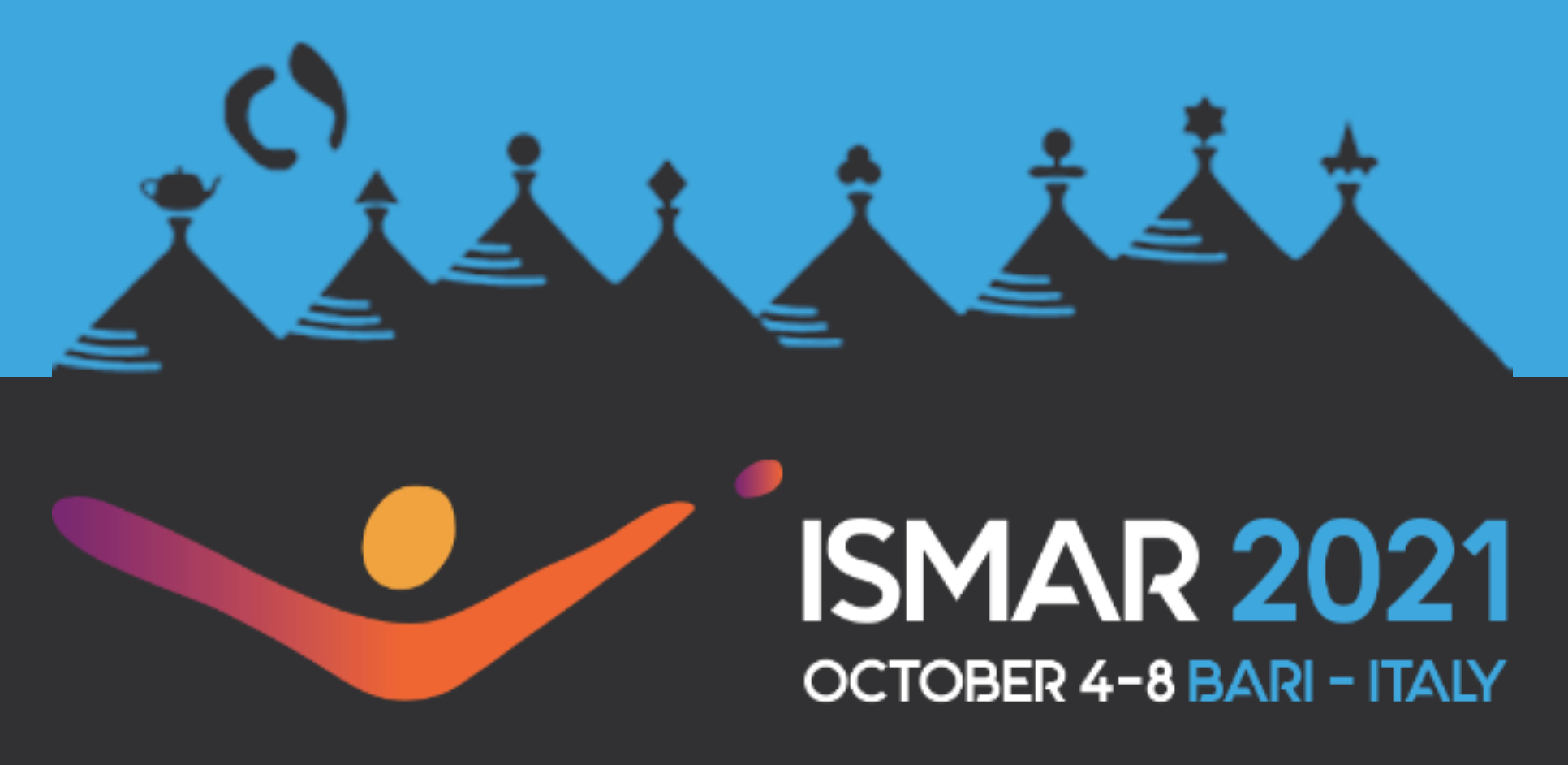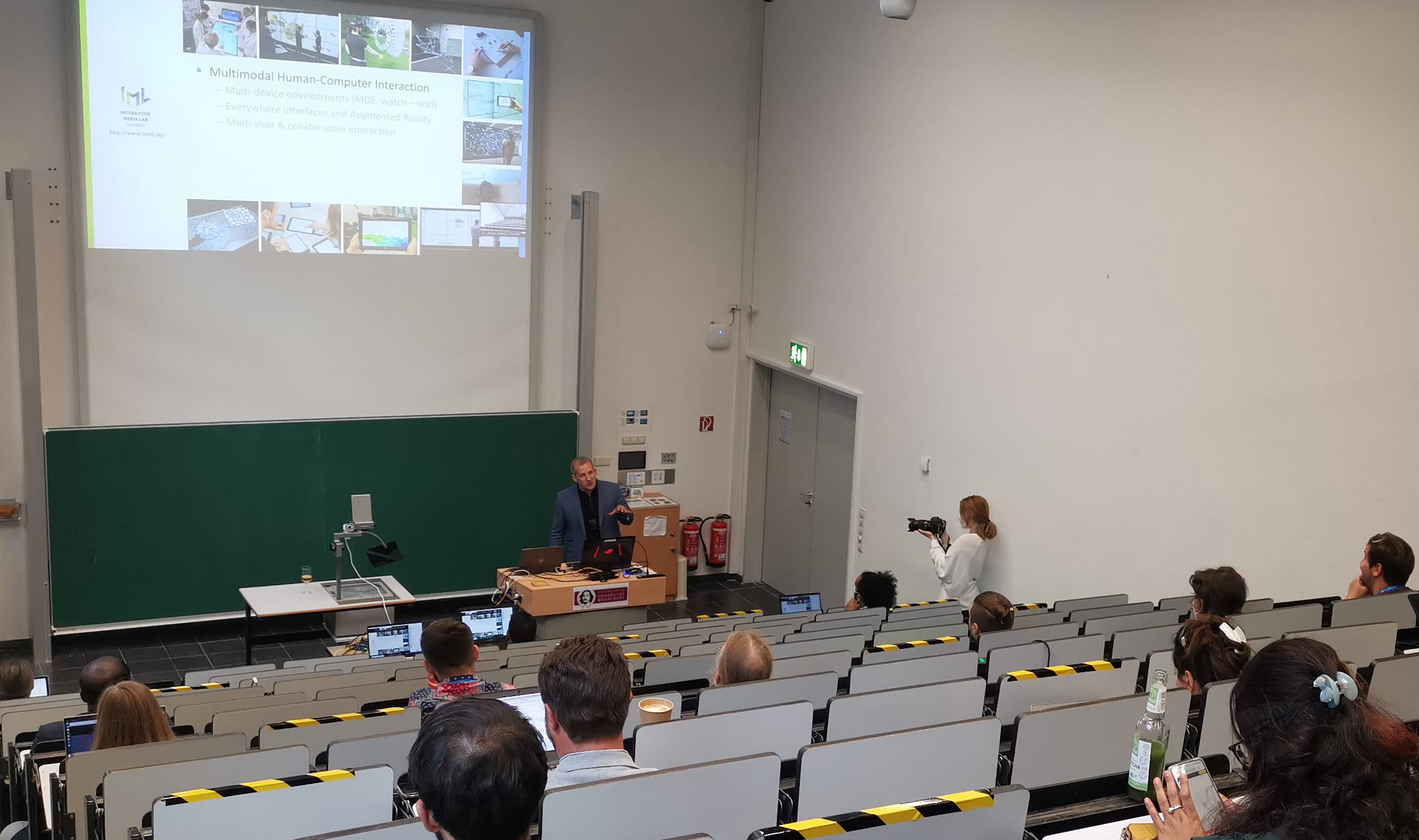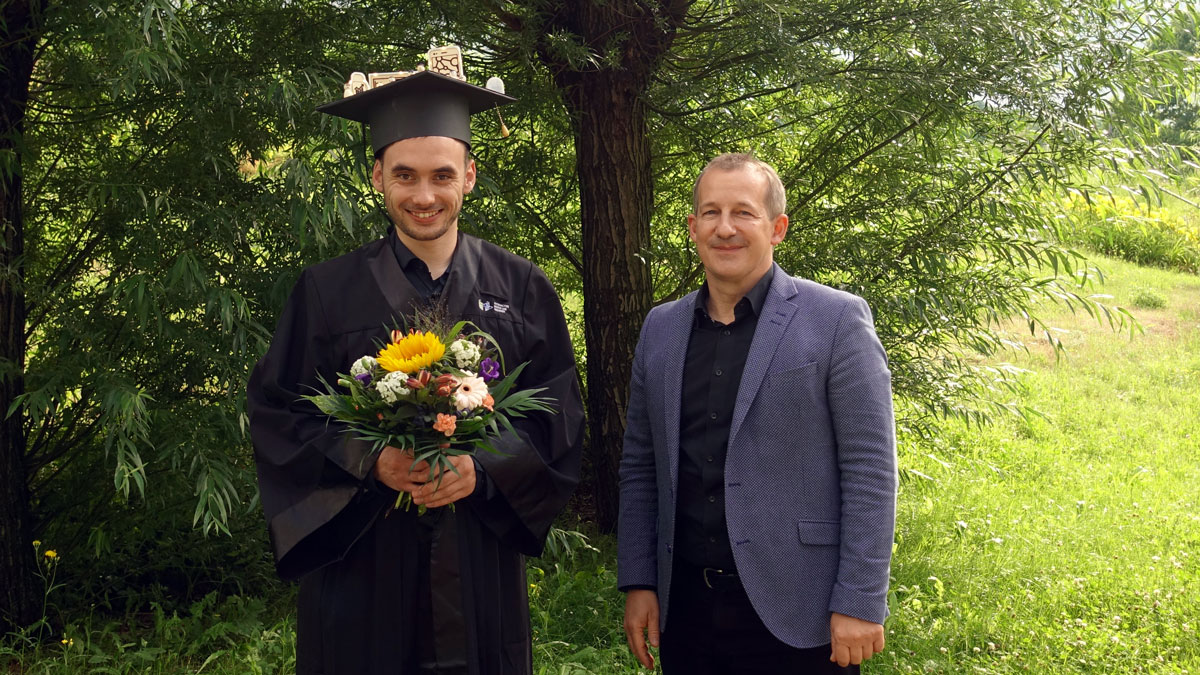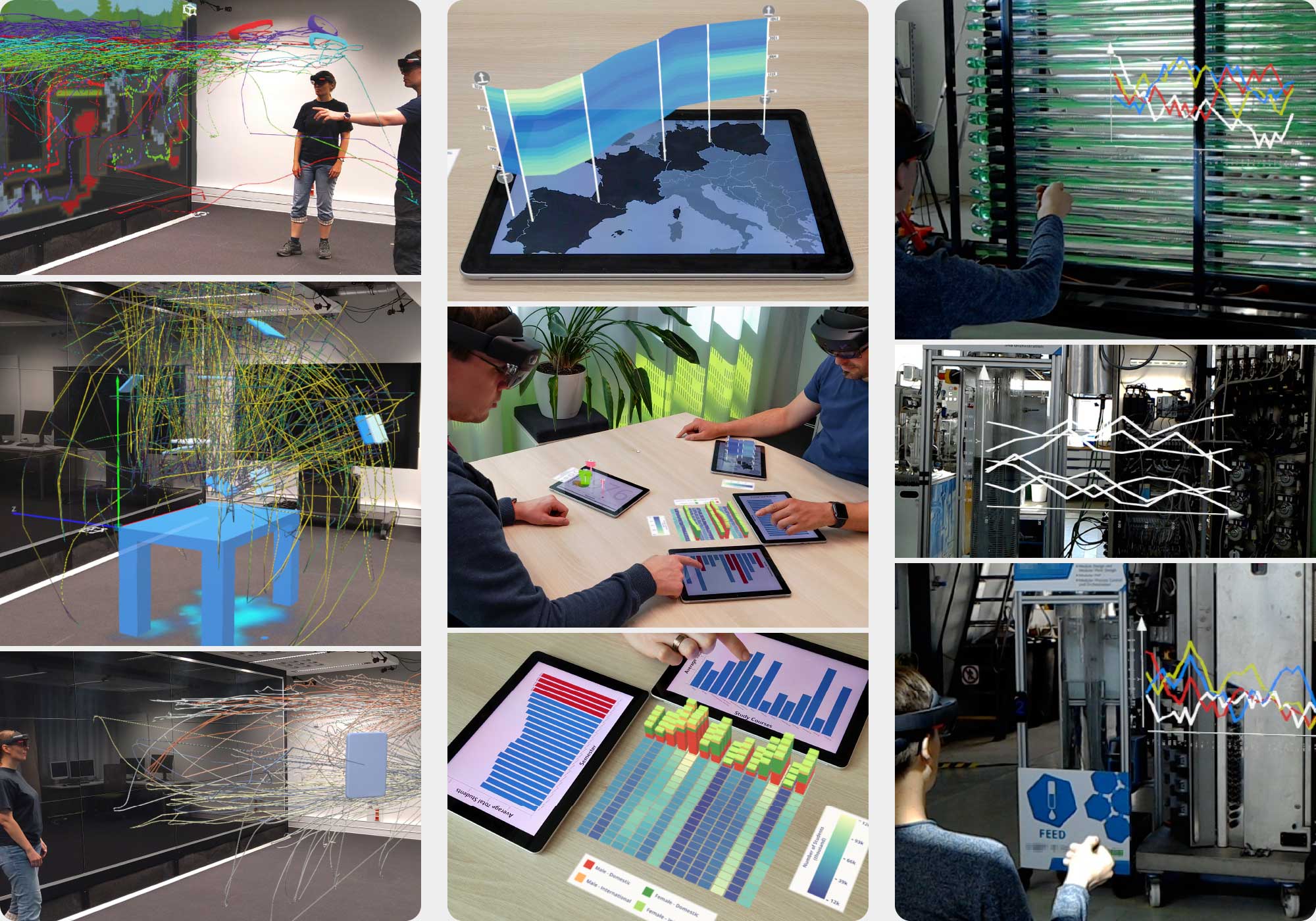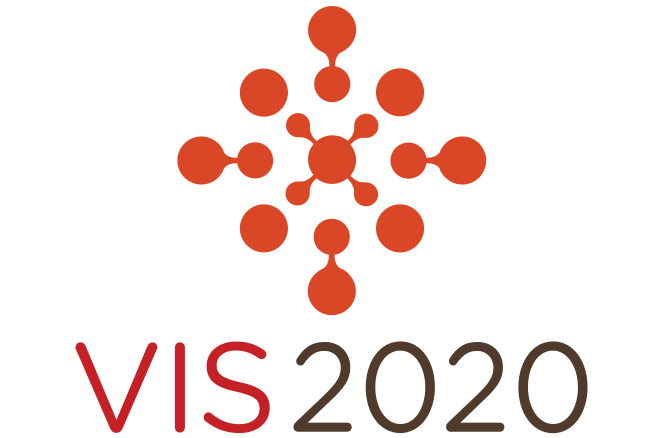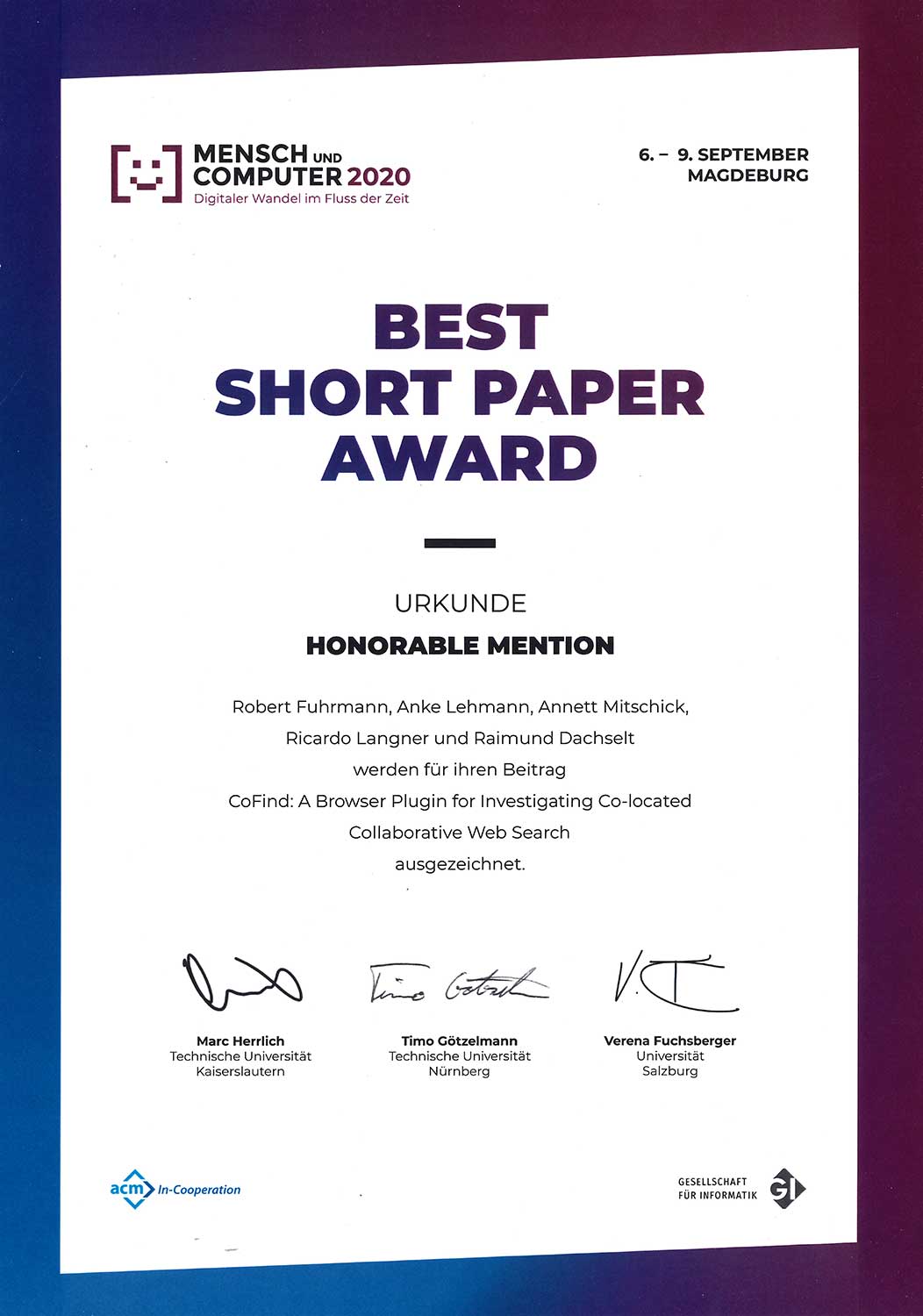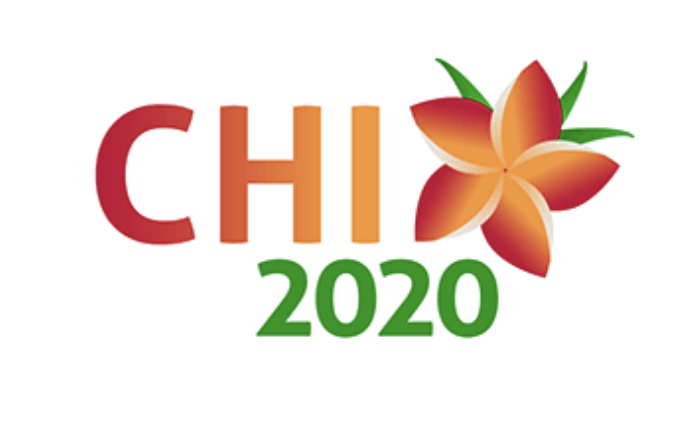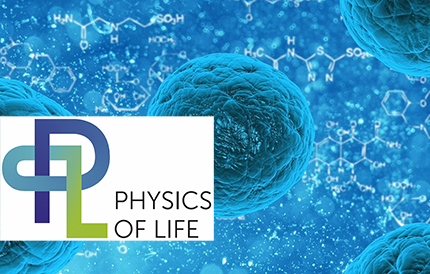In March 2020, a new “Starting Grant Project” was launched as part of the Cluster of Excellence Physics of Life (PoL) for the immersive exploration of multiscale biological data. The Cluster of Excellence PoL aims to discover new paradigms for understanding life and deepen our knowledge of living biological matter. This serves the purpose of gaining insights into the “laws of physics” that underlie the dynamic spatio-temporal organization of life into molecules, cells and tissues. Fundamental physics is used to understand and solve biological questions. Therefore, innovative experimental approaches, theoretical predictions and computer simulations will be used.
Raimund Dachselt represents the research area “Scientific Computing and Systems Microscopy” (RA5) of the cluster as one of the principal investigators. With the beginning of March 2020, our first PoL employee will also start working. We welcome Eva Goebel as a new PhD student to our Interactive Media Lab!

